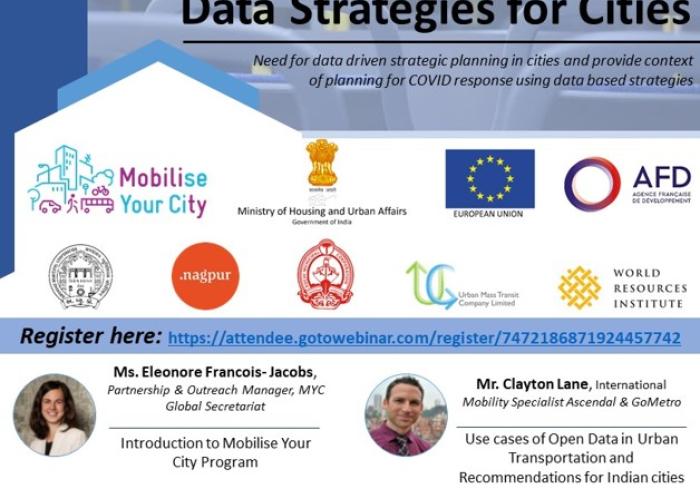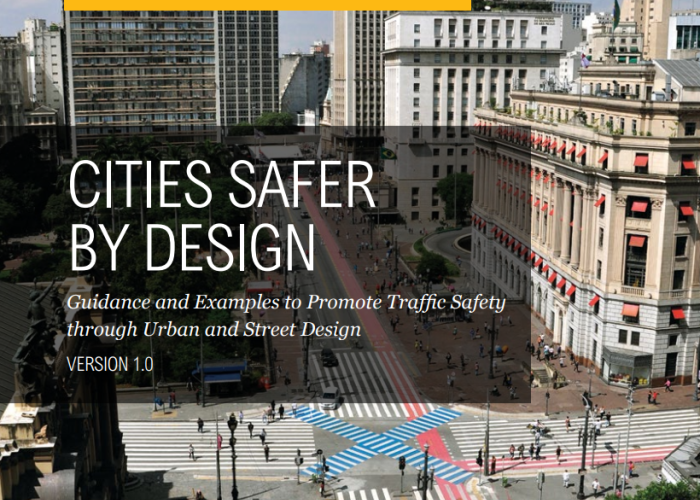Plongez-vous dans les archives de "Connexions", notre bulletin d'information global

Do you want to take a look at how our newsletter looks like before subscribing? Here you can find links to all our previous ones!
- Bus & other Rolling Stock
- Bus & other Rolling Stock
- Walking
- Cycling


